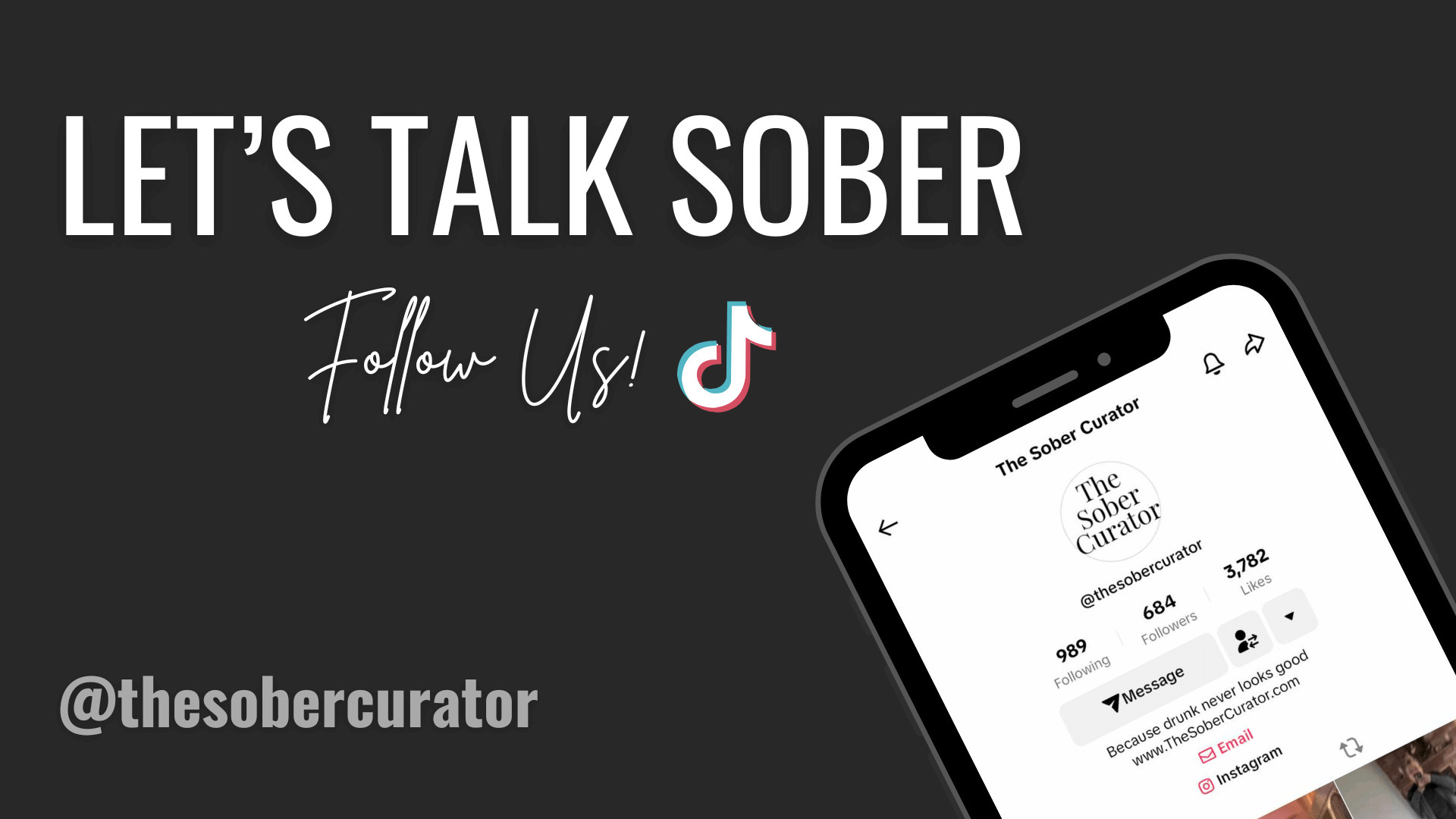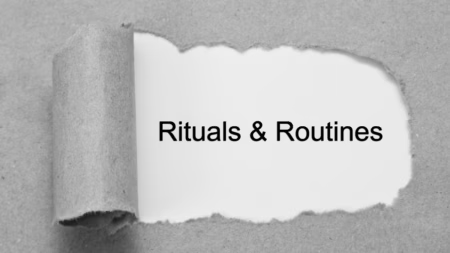
Classy Problems is a daily post of thinking in motion by Dan T. Rogers. Each post stands alone as a thought-provoking piece, yet together, they create a puzzle of ideas. They invite you to see things from a different angle, rethink what you thought you knew, and explore what’s beyond your current understanding.
Classy has a membership feature! We have a growing collection of Classy’s daily emails, discussion recordings, and a dictionary of concepts. Free for now. Maybe paid later. Always thoughtful. JOIN US to explore the collection for a deeper understanding of the ideas we use to navigate life and the truth as we perceive it to be.

Stories End, Paradoxes Align
As life becomes more complex, it becomes increasingly important to be precise with our thinking; how we frame things.
When we frame in story, we are seeking a conclusion. It’s linear thinking. Beginning, middle, and end.
When we frame in paradox, we are accepting a contradiction. It’s recursive thinking. Beginning, middle, and beginning. All we ever have is a beginning.
Stories are how we close loops to feel safe. They resolve by choosing a side.
Paradoxes are how we hold tension to stay in alignment. They clarify by holding both truths.
Are you looking for a beginning or an end?

Membership vs. Contributorship
Membership is a noun, a label we wear. It’s about belonging by association.
Contributorship is a verb, a role we live. It’s about belonging by participation.
One keeps score of who’s in. The other notices who’s showing up.
You don’t get assigned the title of contributor. You live into it.
Where are you waiting to be included when you have an opportunity to contribute?
PS …
Classy Problems now has a membership feature. Associate with us! It’s free and welcomes you to explore our collection of our thinking in motion at your own pace.
If you are interested in living into participation, enterSECTIONS is where membership begins to transition into contributorship. It’s 15-min dedicated to the Classy of the day.
JOIN US BELOW. Your contribution is invited.

Mistakes Are Demonstrations
When we make a mistake at full speed, we begin to demonstrate that we’re paying attention to how we are putting things in order, or not.
Mistakes, done with intention, show that we’re participating. Missteps become evidence of progress.
Don’t wait on perfection. Perfection is a preference. Mistakes illustrate the willingness to be seen, to learn, to adapt.
Every mistake made in pursuit of intentional impact is a contribution, a demonstration.
Where could you reframe a mistake as a demonstration?

Subjectively Obsess vs. Objectively Assess
Obsession distorts what we see. When we subjectively obsess, we get stuck in emotional loops, fixating on details that keep us stuck.
Objectively assessing, however, means stepping back to evaluate with intention, separating facts from feelings.
Obsession demands urgency. Assessment commands alignment.
One is reactionary, driven by attachment. The other is intentional, driven by understanding.
How do you determine the difference between the feeling of urgency and the actual need for urgency?

The Shallowest Sets the Depth
We won’t go any deeper than the most shallow person in the interaction. This is true for one-on-one interactions as well as groups.
A splaces can only go as deep as its shallowest participant. The highest depth, most shallow, sets the system’s floor.
Going deep doesn’t mean speaking up or coming forward. It’s practicing when to and when not to. Depending on the circumstance, either are equally vulnerable.
Where might you be setting the floor without realizing it?

“I Made the Mistake”
I often say, “I made the mistake of … fill in the blank.”
I made the mistake of listening, paying attention, practicing what I captured.
When I make mistakes at full speed, I frame mistakes as evidence of progress instead of signs of failure. They become learning.
Everything is learning.
When I refuse to capture the mistake, I refuse to capture the learning.
What mistake am I attempting to outrun instead of capturing the learning from?

Keeping Score vs. Keeping Track
Keeping score is a judgment.
Keeping track is a noticing.
Scorekeeping looks for winners and losers. Tracking looks for what’s true.
When we keep score, we ask, “Who’s ahead?”
When we keep track, we ask, “Where are we really?”
Scorekeeping thrives on comparison, credit, and control. Tracking thrives on context, clarity, and contribution.
One feeds the need to be right.
The other invites us to stay aware.
Do you want to right, or do you want to be aware?
Want more from us? JOIN our Classy Problems membership to explore our collection of ideas. It’s where we abandon certainty in the pursuit of clarity, one interaction at a time.

Classy Problems is a daily post of thinking in motion by Dan T. Rogers. Each post stands alone as a thought-provoking piece, yet together, they create a puzzle of ideas. They invite you to see things from a different angle, rethink what you thought you knew, and explore what’s beyond your current understanding.
What is a classy problem? A classy problem is when we’ve been afforded the opportunity to figure out what to do. Time to figure it out. Time to practice. Time to discern. When faced with the time to figure out a classy problem, it is more effective to focus on what NOT to do than trying to figure out what to do. In a word: restraint. JOIN US in exploring the distinction between what to do and what not to do in the pursuit of clarity.


SPIRITUAL GANGSTER: at The Sober Curator is a haven for those embracing sobriety with a healthy dose of spiritual sass. This space invites you to dive into meditation, astrology, intentional living, philosophy, and personal reflection—all while keeping your feet (and your sobriety) firmly on the ground. Whether you’re exploring new spiritual practices or deepening an existing one, Spiritual Gangster offers inspiration, insight, and a community that blends mindful living with alcohol-free fun.
Spiritual Gangster Line-up:
Stoicism & Sobriety – Ancient Philosophy for Modern Recovery with Sober Curator Contributors Derek Castleman and Tony Harte
The Card Divo – Quick & Sober Tarot Readings with Sober Curator Contributor Senior Daniel G. Garza
Classy Problems – Clarity, Restraint & Mindful Decision-Making with Senior Sober Curator Contributor Dan T. Rogers
SoberCast with Six – Astrology & Tarot for the Sober Life with Senior Sober Curator Contributor Analisa Six
Sobriety in Flow – Yoga Beyond the Poses with Senior Travel Sober Curator Contributor Teresa Bergen
Thirsty for Wonder – Recovery Coaching & Spiritual Companionship with Sober Curator Contributor Anne Marie Cribben
Spiritual Substance – Mindfulness, Science & Soul with Senior Sober Curator Contributor Lane Kennedy

SOBERSCRIBE NOW!
Resources Are Available
If you or someone you know is experiencing difficulties surrounding alcoholism, addiction, or mental illness, please reach out and ask for help. People everywhere can and want to help; you just have to know where to look. And continue to look until you find what works for you. Click here for a list of regional and national resources.






